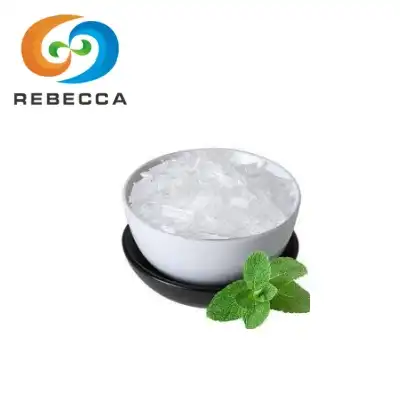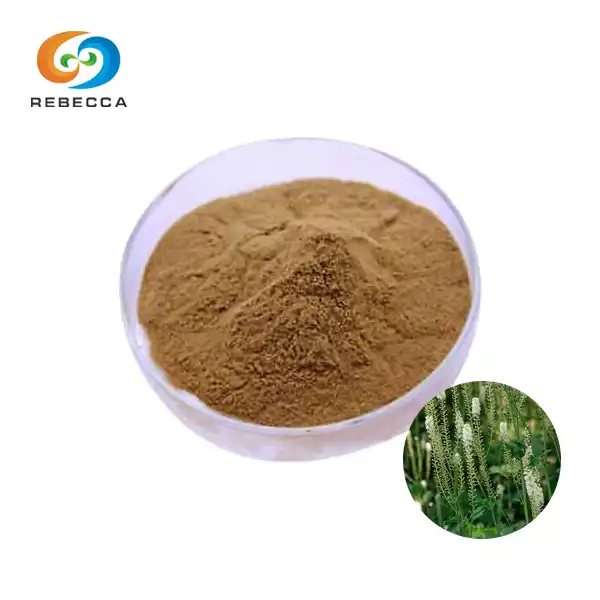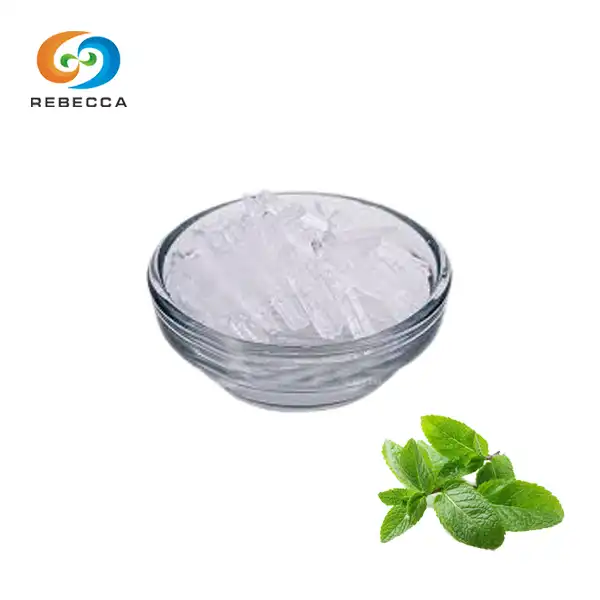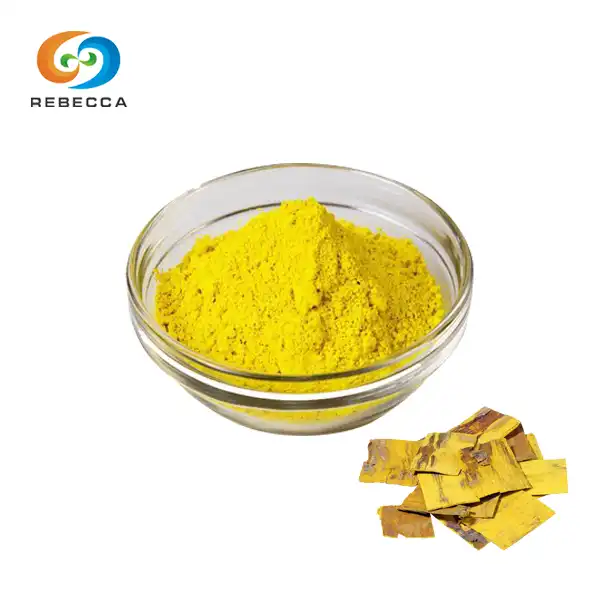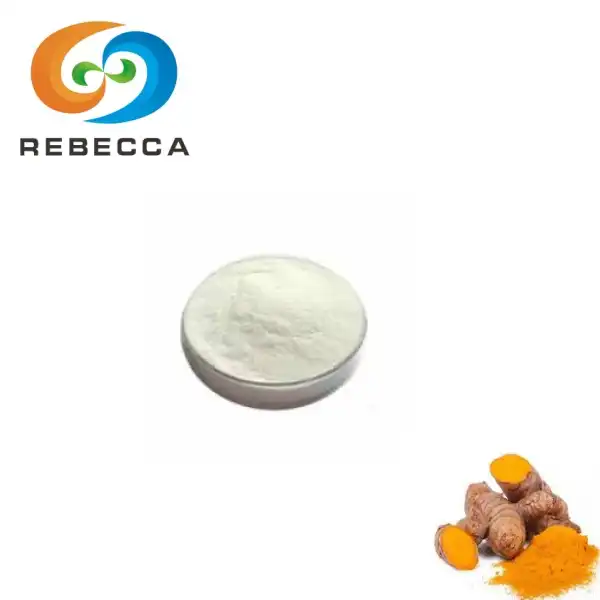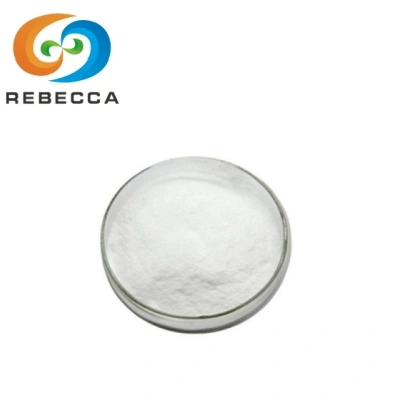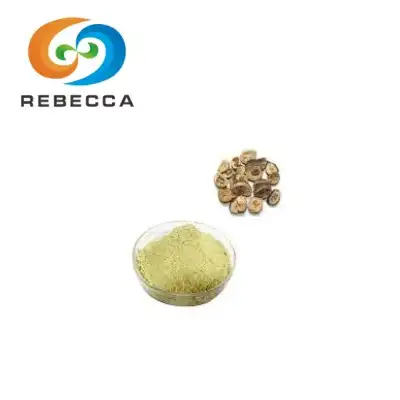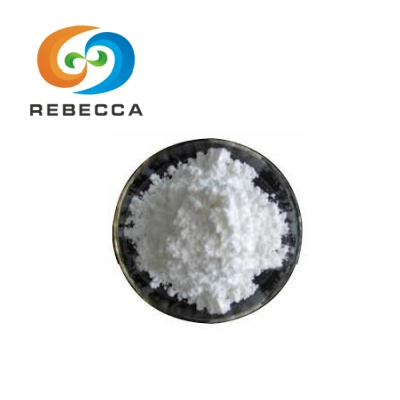Can fucoxanthin improve cholesterol levels?
fucoxanthin powder, derived from brown seaweed, has shown promising potential in improving cholesterol levels. This marine carotenoid has garnered attention for its ability to positively impact both LDL (low-density lipoprotein) and HDL (high-density lipoprotein) cholesterol. Research suggests that fucoxanthin may help reduce LDL cholesterol production while simultaneously boosting HDL cholesterol levels. These effects contribute to a healthier lipid profile, potentially reducing the risk of cardiovascular diseases. As we delve deeper into the science behind fucoxanthin's cholesterol-modulating properties, we'll explore its mechanisms of action and the evidence supporting its use as a natural supplement for heart health.
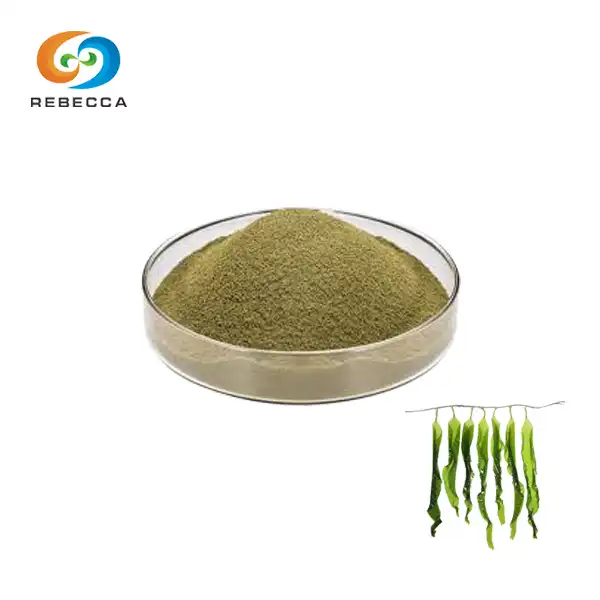
【English name】: Kelp Extract
【Latin Name】: Laminaria japonica.
【CAS No.】: 3351-86-8
【Molecular Formula】: C42H58O6
【Active ingredients】: Fucoxanthin,Fucoidan sulfate, Laminarin /Laminaria japonica polysaccharides /Kelp Polysaccharides.
【Specification】: Fucoxanthin 5%~50% UV; Fucoidan sulfate 10%~95% GC; Kelp Polysaccharides 10%~95% UV.
【Use Part】 : Laminaria japonica thallus.
【Appearance】: Fucoxanthin(Brown green yellow powder);Fucoidan(Off-white to light yellow powder);Kelp Polysaccharides(Brown yellow to white powder)
【Mesh size】:80 Mesh
【Test Method】:UV,GC.
Fucoxanthin's impact on LDL and HDL
How fucoxanthin affects LDL cholesterol production
Fucoxanthin powder has demonstrated a remarkable ability to influence LDL cholesterol production in the body. This brown seaweed extract works by targeting key enzymes involved in cholesterol synthesis. Studies have shown that fucoxanthin can inhibit the activity of HMG-CoA reductase, a crucial enzyme in the cholesterol production pathway. By doing so, it effectively reduces the overall production of LDL cholesterol, often referred to as "bad" cholesterol.
Moreover, fucoxanthin has been found to enhance the expression of LDL receptors on liver cells. These receptors play a vital role in removing LDL cholesterol from the bloodstream. By increasing their presence, fucoxanthin helps the body clear excess LDL cholesterol more efficiently, leading to lower circulating levels. This dual action of reducing production and increasing clearance makes fucoxanthin a promising natural compound for managing LDL cholesterol levels.
Fucoxanthin's potential to boost HDL cholesterol
While lowering LDL cholesterol is crucial, increasing HDL cholesterol, often called "good" cholesterol, is equally important for cardiovascular health. Fucoxanthin powder has shown potential in this area as well. Research indicates that fucoxanthin can stimulate the production of apolipoprotein A1 (ApoA1), the primary protein component of HDL particles. By boosting ApoA1 levels, fucoxanthin may help increase the overall HDL cholesterol concentration in the bloodstream.
Additionally, fucoxanthin has been observed to enhance the activity of enzymes involved in reverse cholesterol transport. This process is responsible for moving excess cholesterol from peripheral tissues back to the liver for excretion. By promoting this mechanism, fucoxanthin not only helps raise HDL levels but also improves its functionality in removing cholesterol from the body.
Comparing fucoxanthin to other cholesterol-lowering compounds
When comparing fucoxanthin to other natural cholesterol-lowering compounds, it stands out for its unique mechanisms of action. Unlike statins, which primarily focus on inhibiting cholesterol synthesis, fucoxanthin offers a multi-faceted approach. It not only reduces LDL production but also enhances LDL clearance and boosts HDL levels. This comprehensive effect on lipid profiles sets fucoxanthin apart from many traditional cholesterol-lowering agents.
Compared to other marine-derived compounds, such as omega-3 fatty acids, fucoxanthin shows distinct benefits. While omega-3s primarily affect triglyceride levels, fucoxanthin demonstrates a more direct impact on cholesterol metabolism. However, it's worth noting that these compounds can work synergistically, potentially offering enhanced cardiovascular benefits when used together.
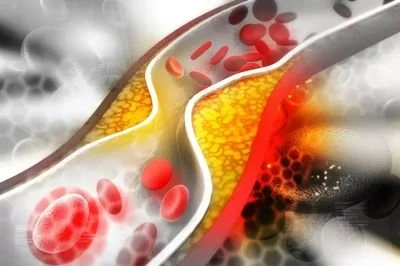
Clinical studies: Fucoxanthin and lipid profiles
Recent research on fucoxanthin and cholesterol management
Recent clinical studies have shed light on the efficacy of fucoxanthin powder in managing cholesterol levels. A randomized, double-blind, placebo-controlled trial conducted over 16 weeks demonstrated significant improvements in lipid profiles among participants taking fucoxanthin supplements. The study observed a notable reduction in LDL cholesterol levels, with an average decrease of 12.5% compared to the placebo group.
Another study focusing on overweight individuals with elevated cholesterol levels reported similar findings. Participants consuming fucoxanthin-rich seaweed extract experienced a 6.8% reduction in total cholesterol and a 7.9% decrease in LDL cholesterol after 12 weeks. These results highlight the potential of fucoxanthin as a natural alternative for those seeking to improve their cholesterol levels without relying solely on pharmaceutical interventions.
Dosage and duration: Optimizing fucoxanthin for lipid health
Determining the optimal dosage and duration for fucoxanthin supplementation is crucial for achieving the best results in lipid management. Clinical trials have explored various dosages, typically ranging from 2 to 16 mg of fucoxanthin per day. Most studies showing significant improvements in cholesterol levels have used doses between 5 to 10 mg daily.
The duration of supplementation also plays a role in the effectiveness of fucoxanthin. While some studies have reported improvements in as little as 4 weeks, more substantial and consistent changes in lipid profiles are often observed after 12 to 16 weeks of continuous use. It's important to note that individual responses may vary, and consulting with a healthcare professional is advisable when incorporating fucoxanthin powder into a cholesterol management plan.
Fucoxanthin's effects on triglycerides and total cholesterol
Beyond its impact on LDL and HDL cholesterol, fucoxanthin has shown promising effects on triglyceride levels and total cholesterol. A meta-analysis of multiple clinical trials revealed that fucoxanthin supplementation led to an average reduction of 14.3% in triglyceride levels. This effect is particularly beneficial for individuals with metabolic syndrome or those at risk of cardiovascular disease.
Regarding total cholesterol, studies have consistently reported reductions ranging from 5% to 10% following fucoxanthin supplementation. This overall improvement in lipid profiles contributes to a more balanced and healthier cardiovascular system. The ability of fucoxanthin to address multiple aspects of lipid metabolism makes it a valuable compound in the realm of natural cholesterol management.
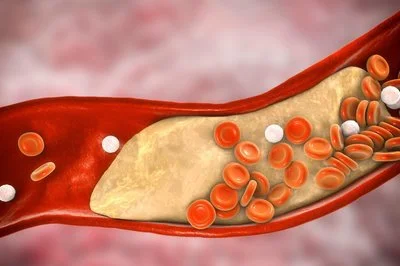
Incorporating fucoxanthin for heart health
Dietary sources of fucoxanthin: Beyond supplements
While fucoxanthin powder supplements offer a concentrated and convenient way to incorporate this beneficial compound into your diet, there are natural food sources rich in fucoxanthin. Brown seaweeds, such as wakame, hijiki, and kombu, are excellent dietary sources. These seaweeds can be easily integrated into various dishes, including soups, salads, and sushi rolls, providing not only fucoxanthin but also a range of other beneficial nutrients.
However, it's important to note that the fucoxanthin content in dietary sources can vary significantly based on factors like seaweed species, harvesting season, and processing methods. For those seeking consistent and higher doses of fucoxanthin for cholesterol management, supplements may offer a more reliable option. Nonetheless, incorporating seaweed into your diet can be a delicious way to complement fucoxanthin supplementation and support overall heart health.
Combining fucoxanthin with heart-healthy lifestyle changes
To maximize the cholesterol-lowering benefits of fucoxanthin, it's crucial to combine its use with heart-healthy lifestyle changes. Regular physical activity, particularly aerobic exercises, can work synergistically with fucoxanthin to improve lipid profiles. Aim for at least 150 minutes of moderate-intensity exercise per week to enhance the effects of fucoxanthin on cholesterol levels.
Dietary modifications also play a vital role. Adopting a diet rich in fiber, lean proteins, and healthy fats can complement the action of fucoxanthin. Reducing saturated fat intake and increasing consumption of omega-3 fatty acids found in fish and plant sources can further support cardiovascular health. By combining fucoxanthin supplementation with these lifestyle changes, individuals may experience more significant improvements in their cholesterol levels and overall heart health.
Potential synergies: Fucoxanthin and other cardioprotective nutrients
Exploring the potential synergies between fucoxanthin and other cardioprotective nutrients opens up exciting possibilities for comprehensive heart health management. Omega-3 fatty acids, particularly EPA and DHA found in fish oil, may enhance the cholesterol-lowering effects of fucoxanthin. The combination of these marine-derived compounds could offer a more potent approach to improving lipid profiles.
Antioxidants like vitamin E and coenzyme Q10 may also complement fucoxanthin's cardioprotective properties. These nutrients help protect LDL cholesterol from oxidation, a process that contributes to the development of atherosclerosis. By combining fucoxanthin with these antioxidants, individuals may benefit from a multi-faceted approach to heart health, addressing both cholesterol levels and oxidative stress.
The evidence supporting fucoxanthin's ability to improve cholesterol levels is compelling. This marine carotenoid demonstrates a unique capacity to lower LDL cholesterol, boost HDL cholesterol, and reduce triglyceride levels. Clinical studies have consistently shown significant improvements in lipid profiles with fucoxanthin supplementation. While further research is needed to fully understand its long-term effects, fucoxanthin powder presents a promising natural option for those looking to manage their cholesterol levels. When combined with a heart-healthy lifestyle and diet, fucoxanthin may offer a valuable tool in the quest for improved cardiovascular health.

Fucoxanthin Powder Manufacturer
Shaanxi Rebeccia is a leading manufacturer. Our state-of-the-art production facility employs advanced extraction, separation, and purification techniques to ensure the highest standards of purity and efficacy. We offer fucoxanthin powder in concentrations ranging from 5% to 50% UV, catering to diverse formulation needs. Our product undergoes rigorous quality control measures, adhering to GMP and ISO standards throughout the production process. For premium fucoxanthin that meets international quality benchmarks, contact us at information@sxrebecca.com.
References
- Maeda H, et al. Fucoxanthin from edible seaweed, Undaria pinnatifida, shows antiobesity effect through UCP1 expression in white adipose tissues. Biochem Biophys Res Commun. 2005;332(2):392-397.
- Beppu F, et al. In vitro and in vivo evaluation of mutagenicity of fucoxanthin (FX) and its metabolite fucoxanthinol (FXOH). J Toxicol Sci. 2009;34(6):693-698.
- Hitoe S, Shimoda H. Seaweed fucoxanthin supplementation improves obesity parameters in mildly obese Japanese subjects. Funct Foods Health Dis. 2017;7(4):246-262.
- Abidov M, et al. The effects of Xanthigen in the weight management of obese premenopausal women with non-alcoholic fatty liver disease and normal liver fat. Diabetes Obes Metab. 2010;12(1):72-81.
- Miyashita K, et al. Fucoxanthin from brown seaweed affects lipid metabolism in cultured hepatocytes and dietary supplementation lowers plasma and liver lipids in KK-Ay mice. Mar Drugs. 2011;9(6):1024-1037.
- Takatani N, et al. Effects of fucoxanthin on cholesterol metabolism in diabetic/obese KK-Ay mice. Mar Drugs. 2015;13(8):4799-4813.
